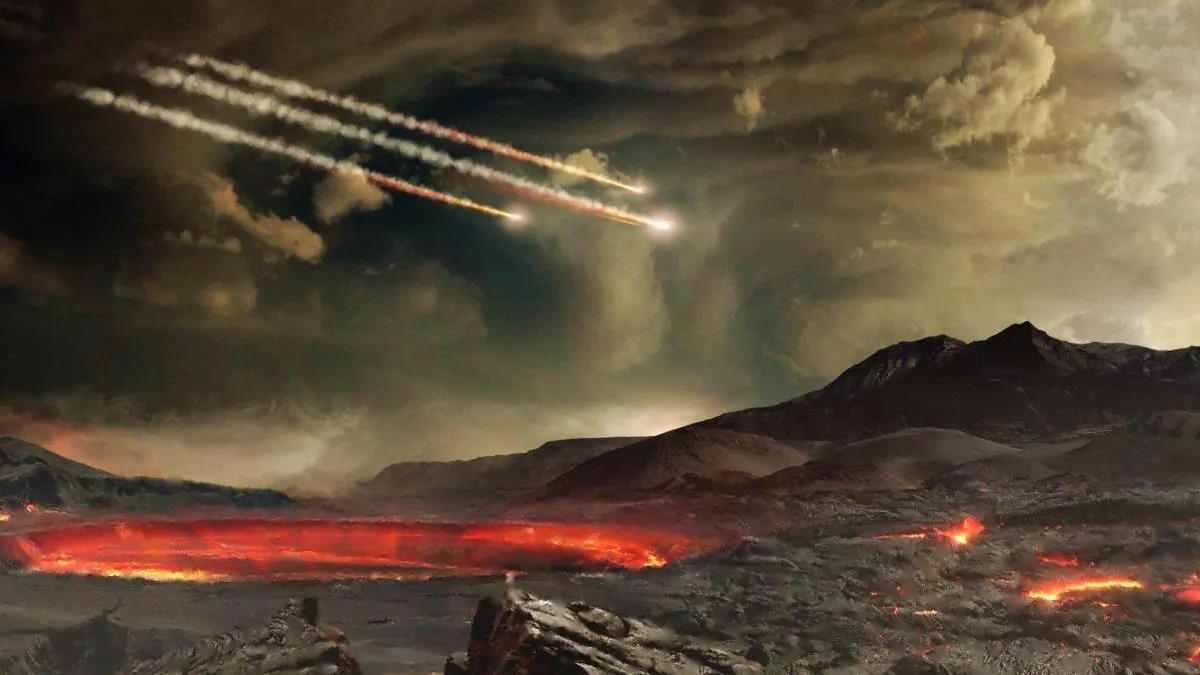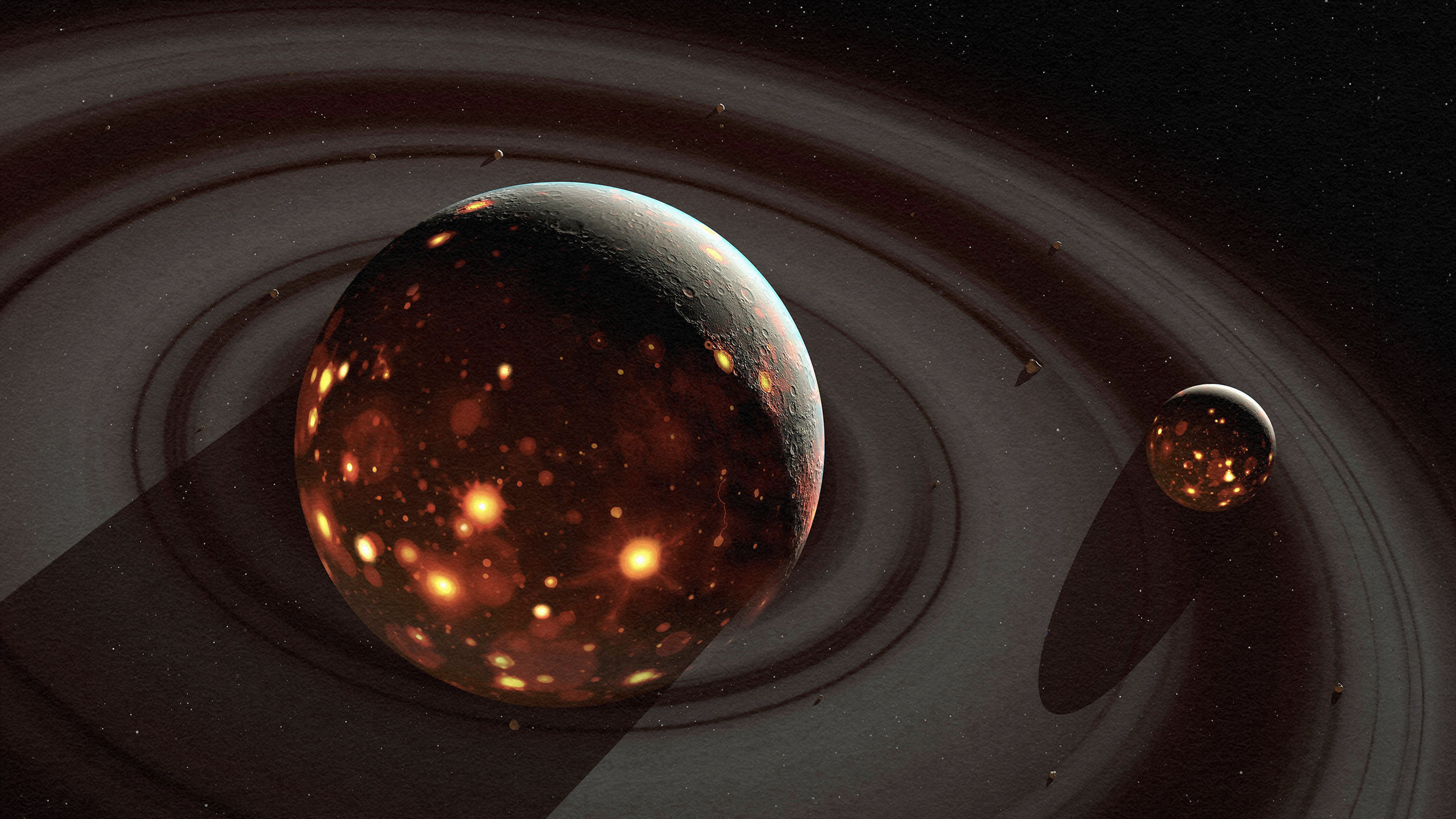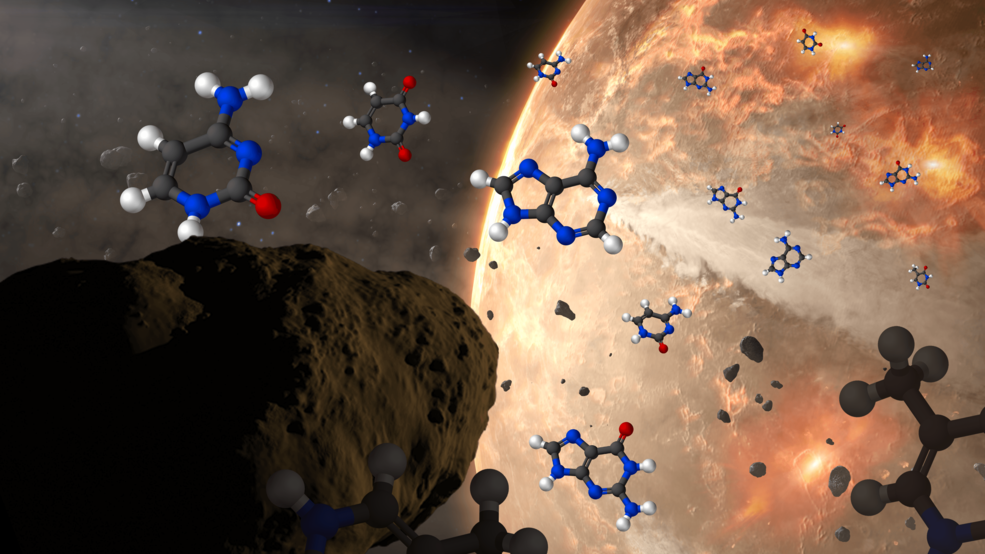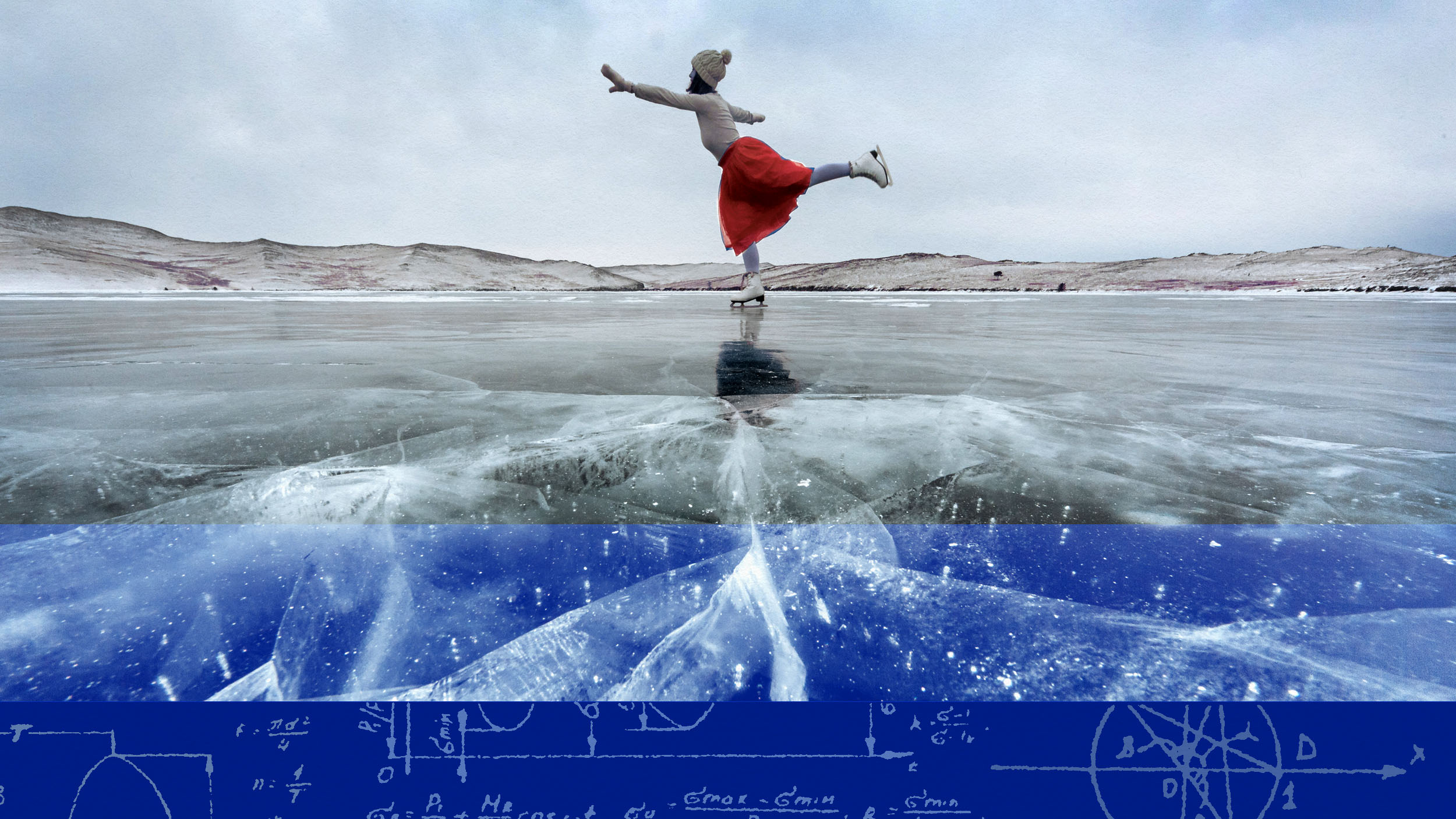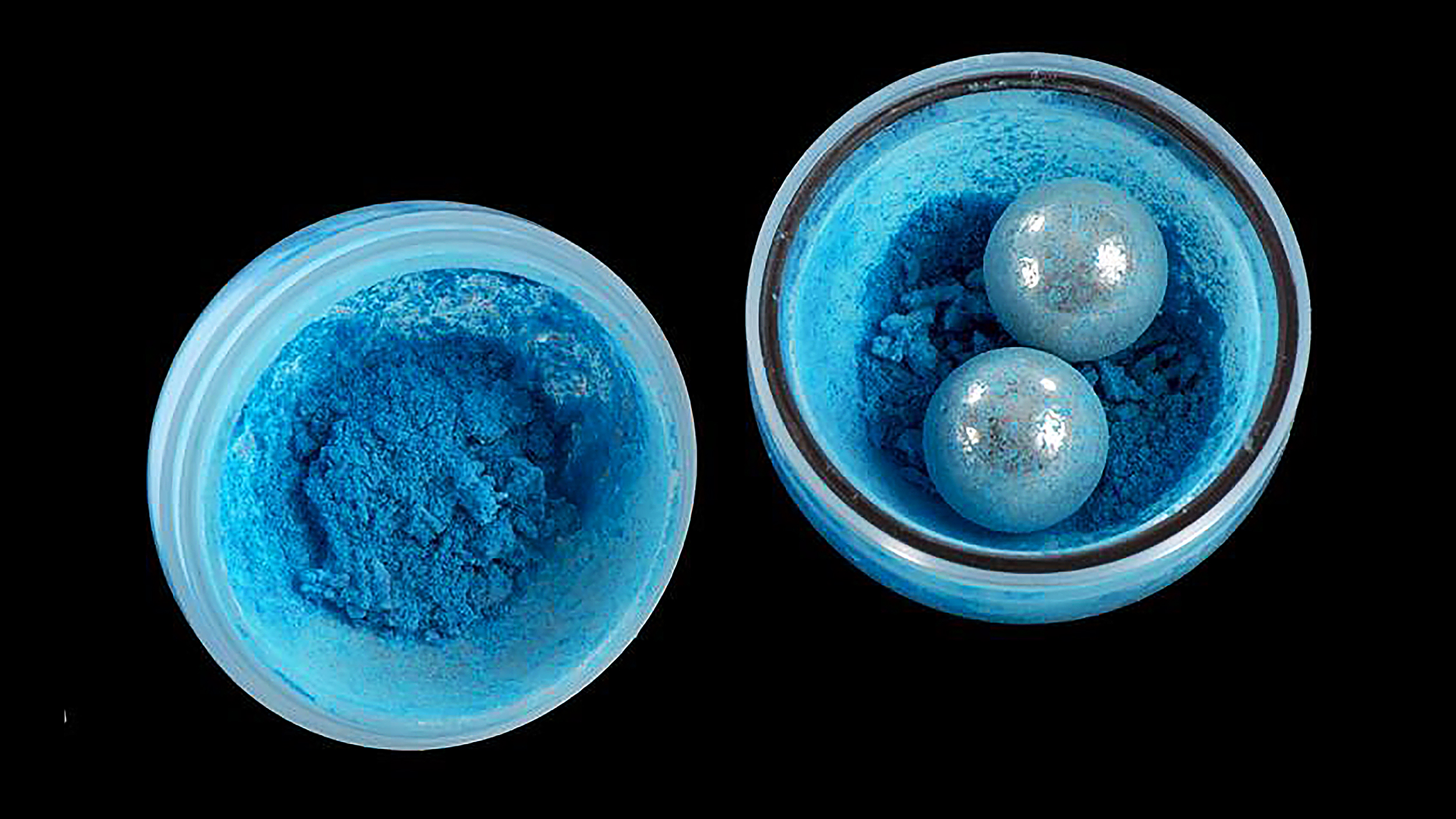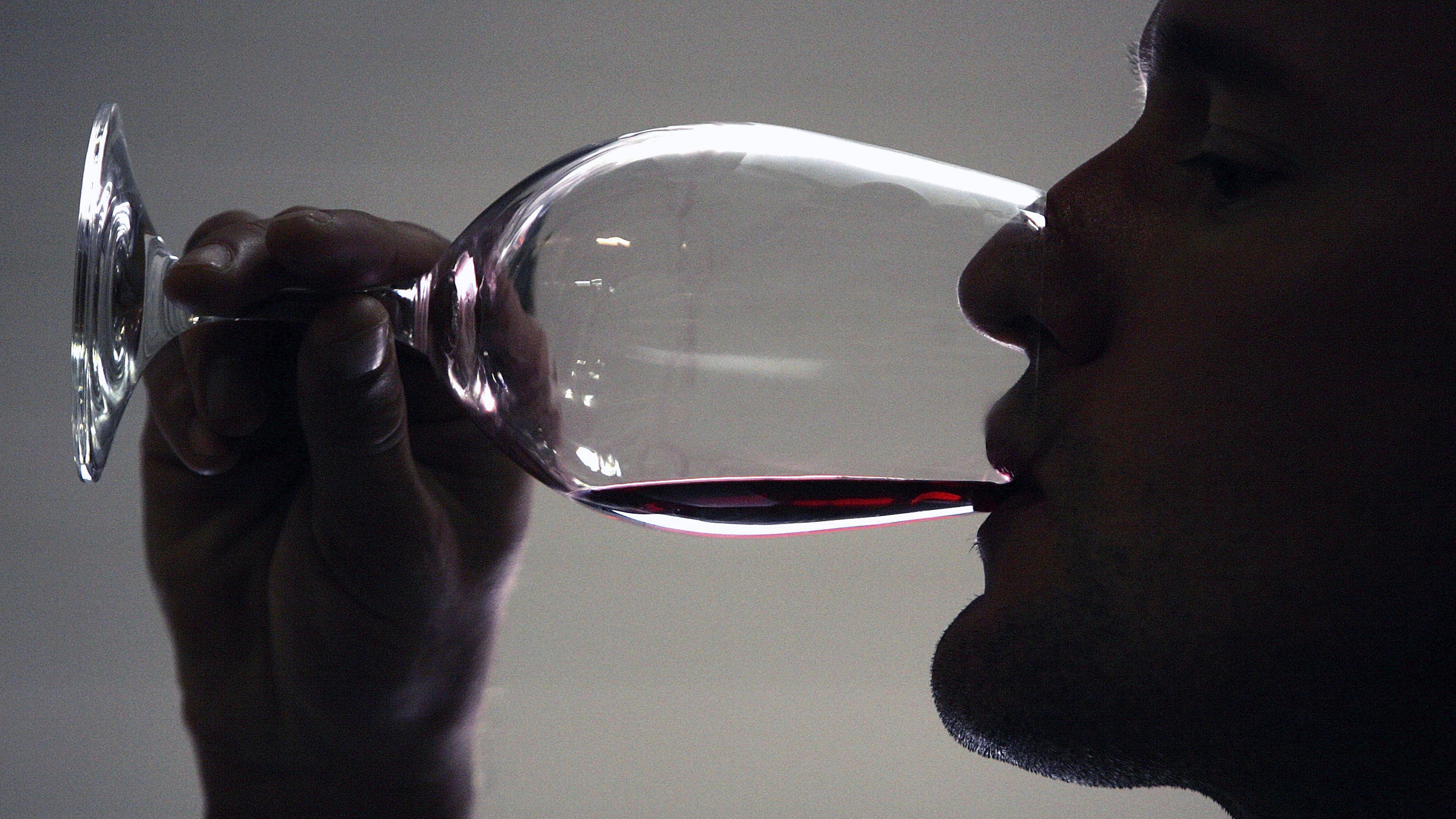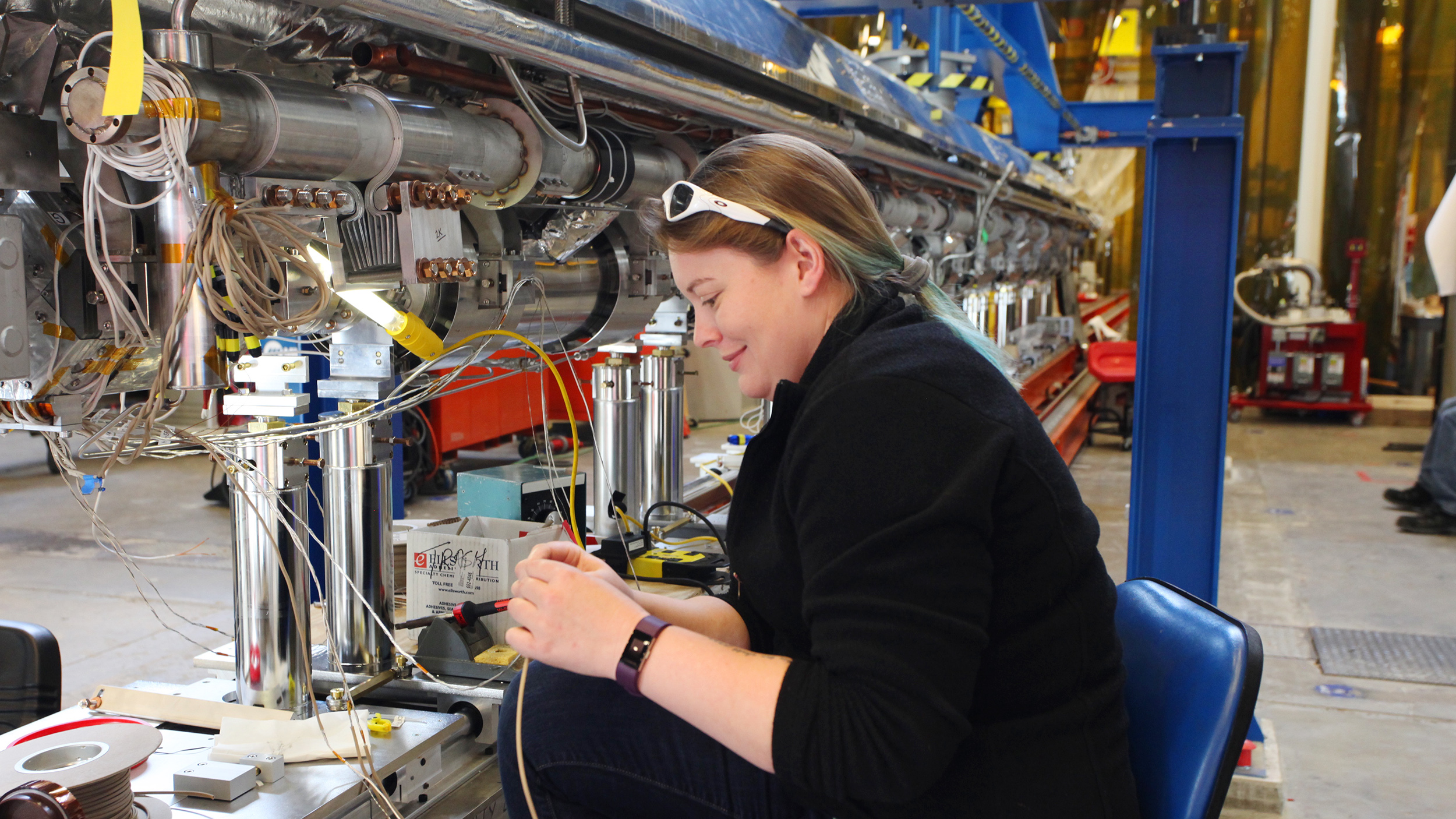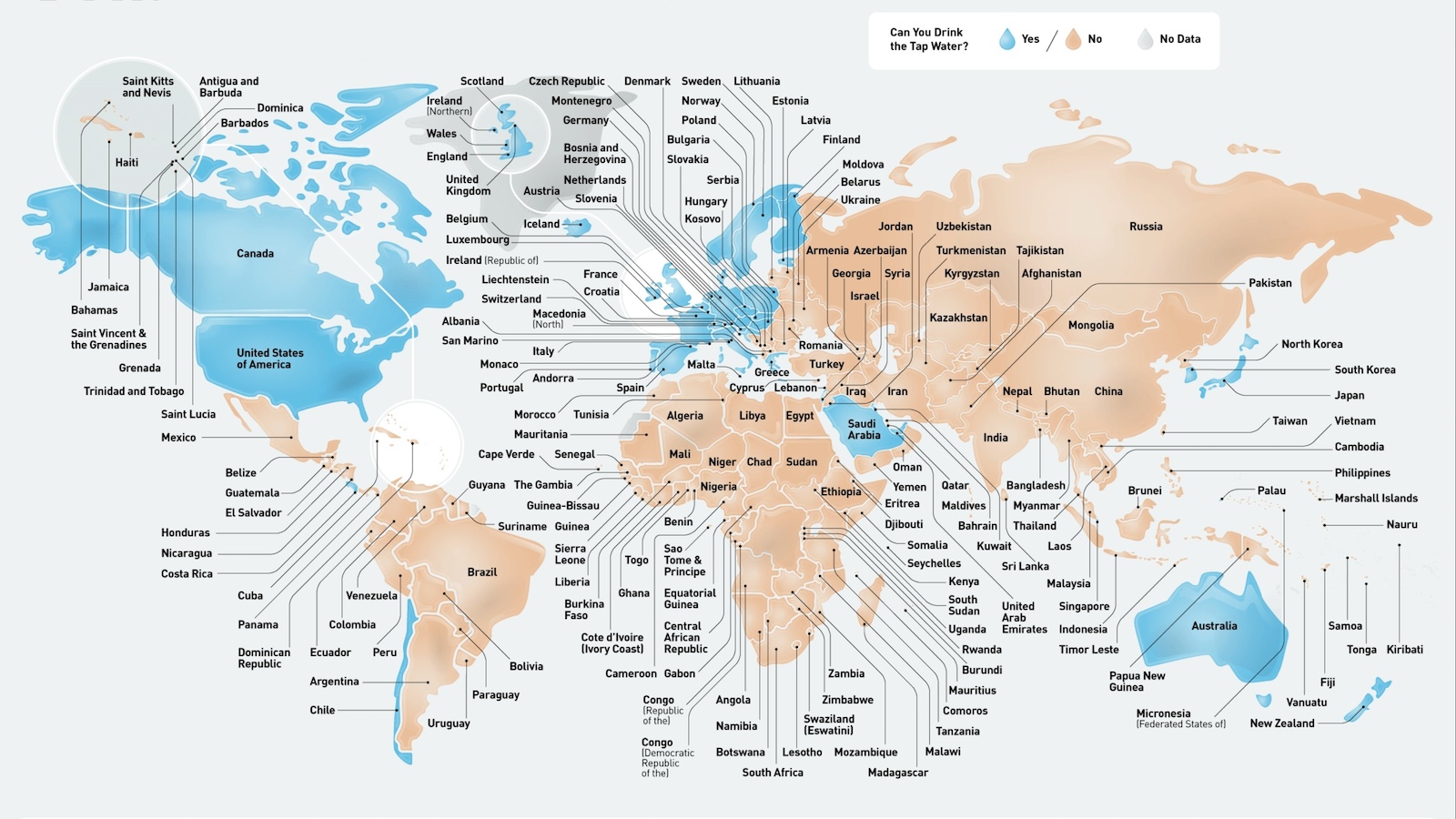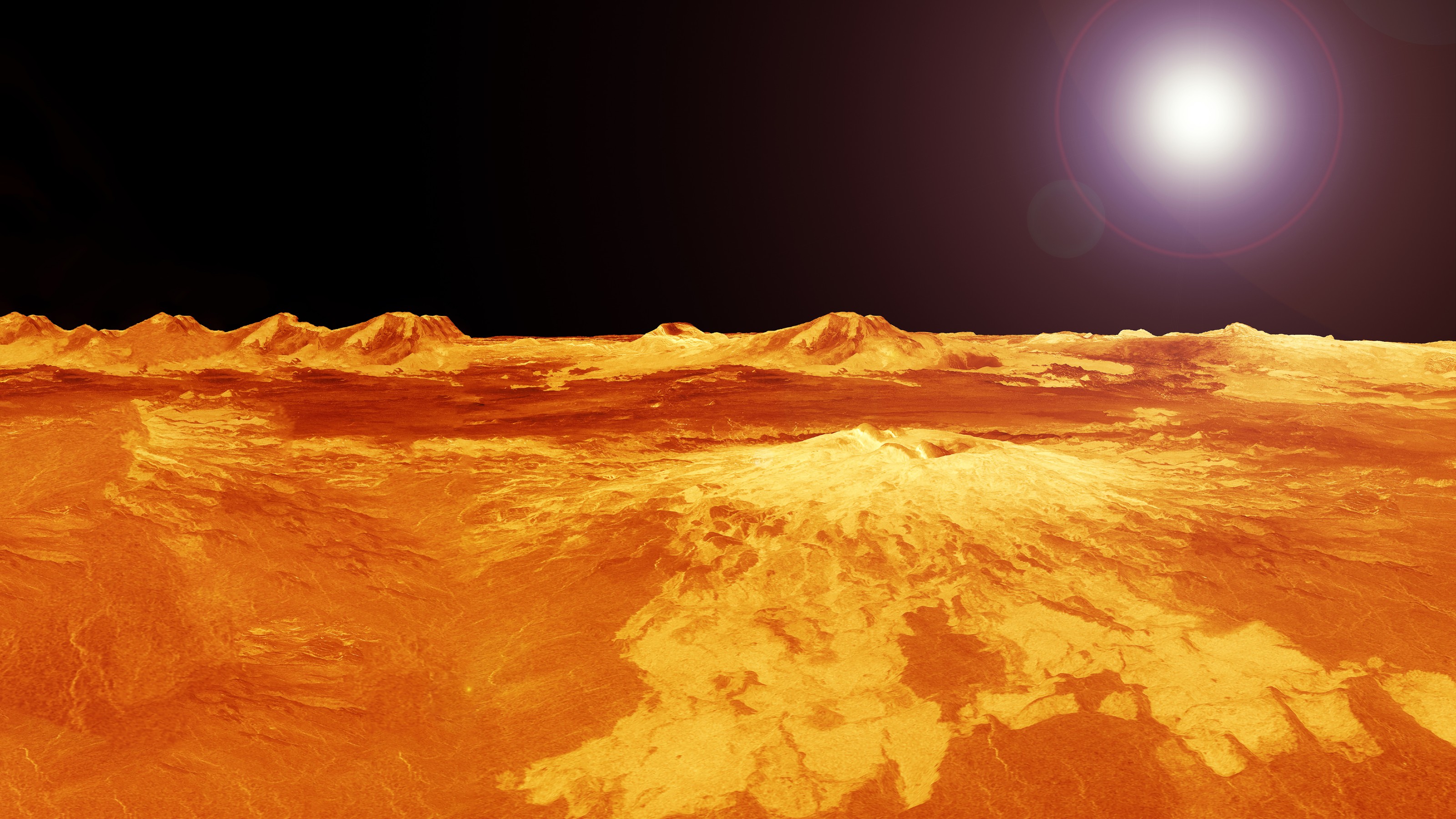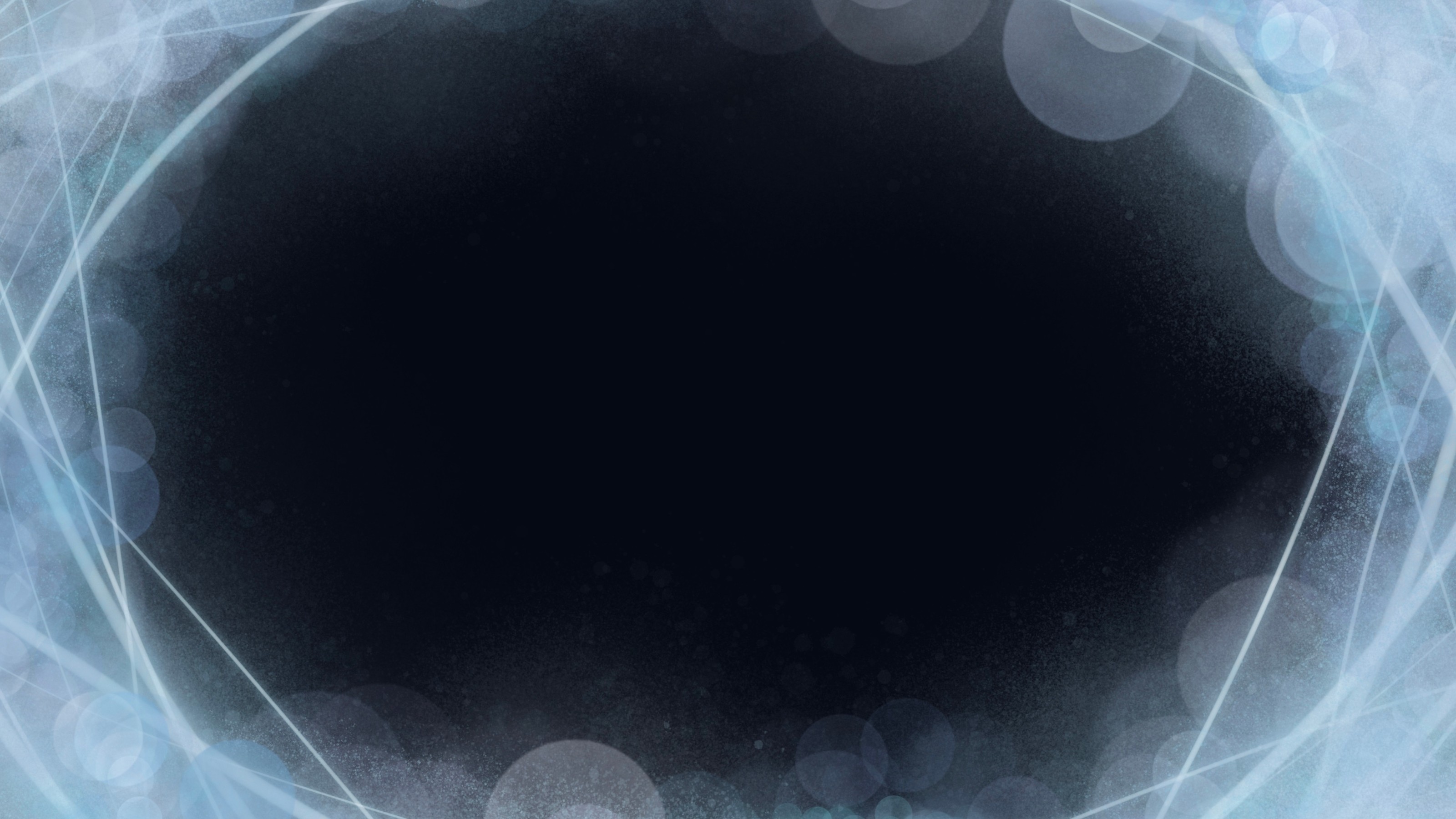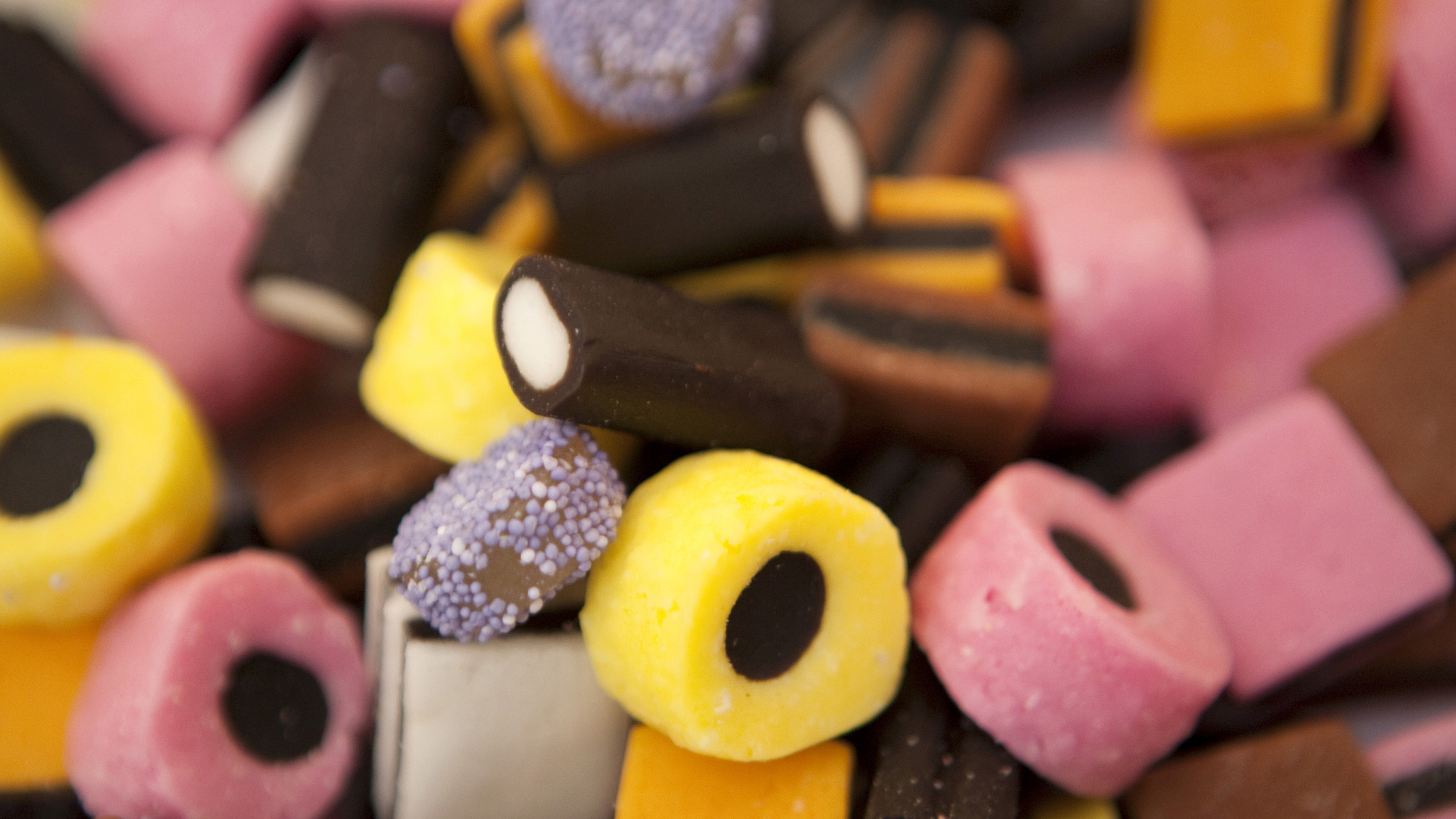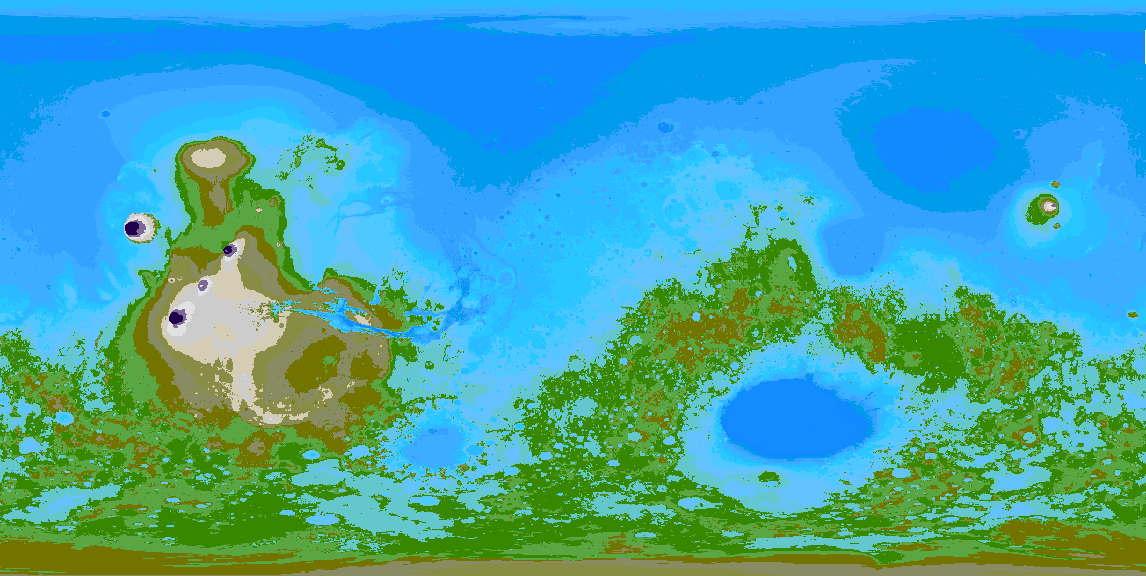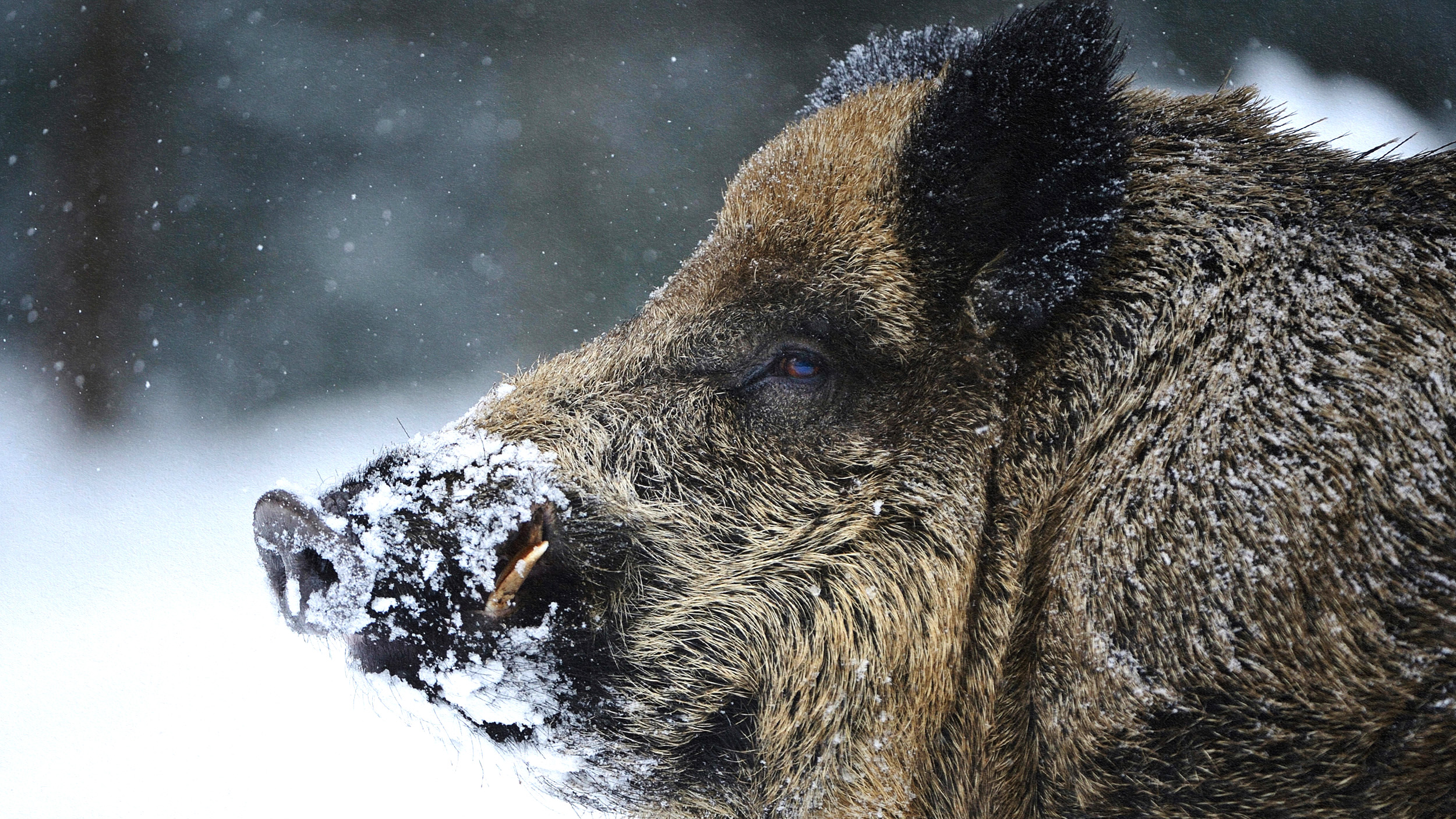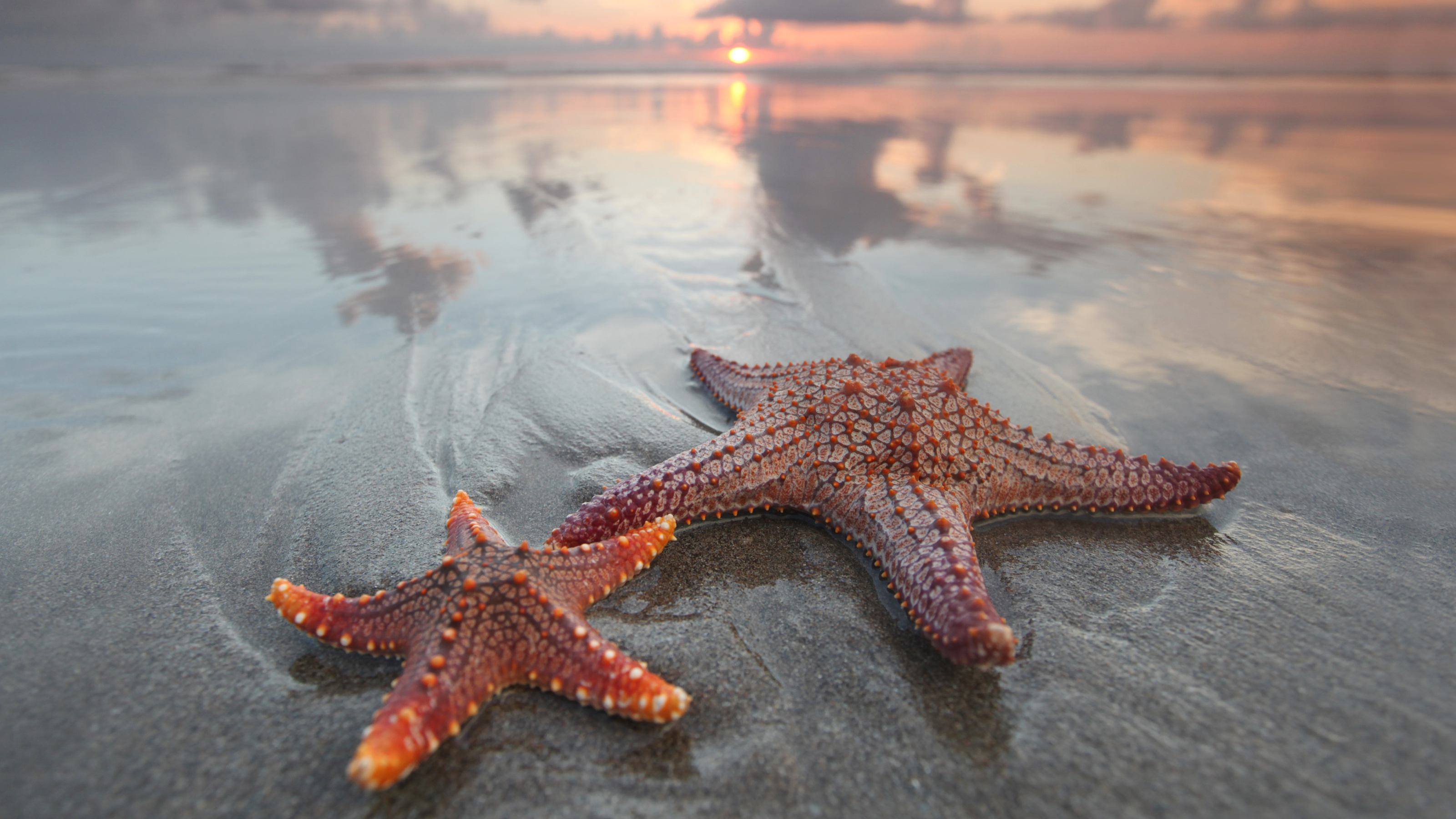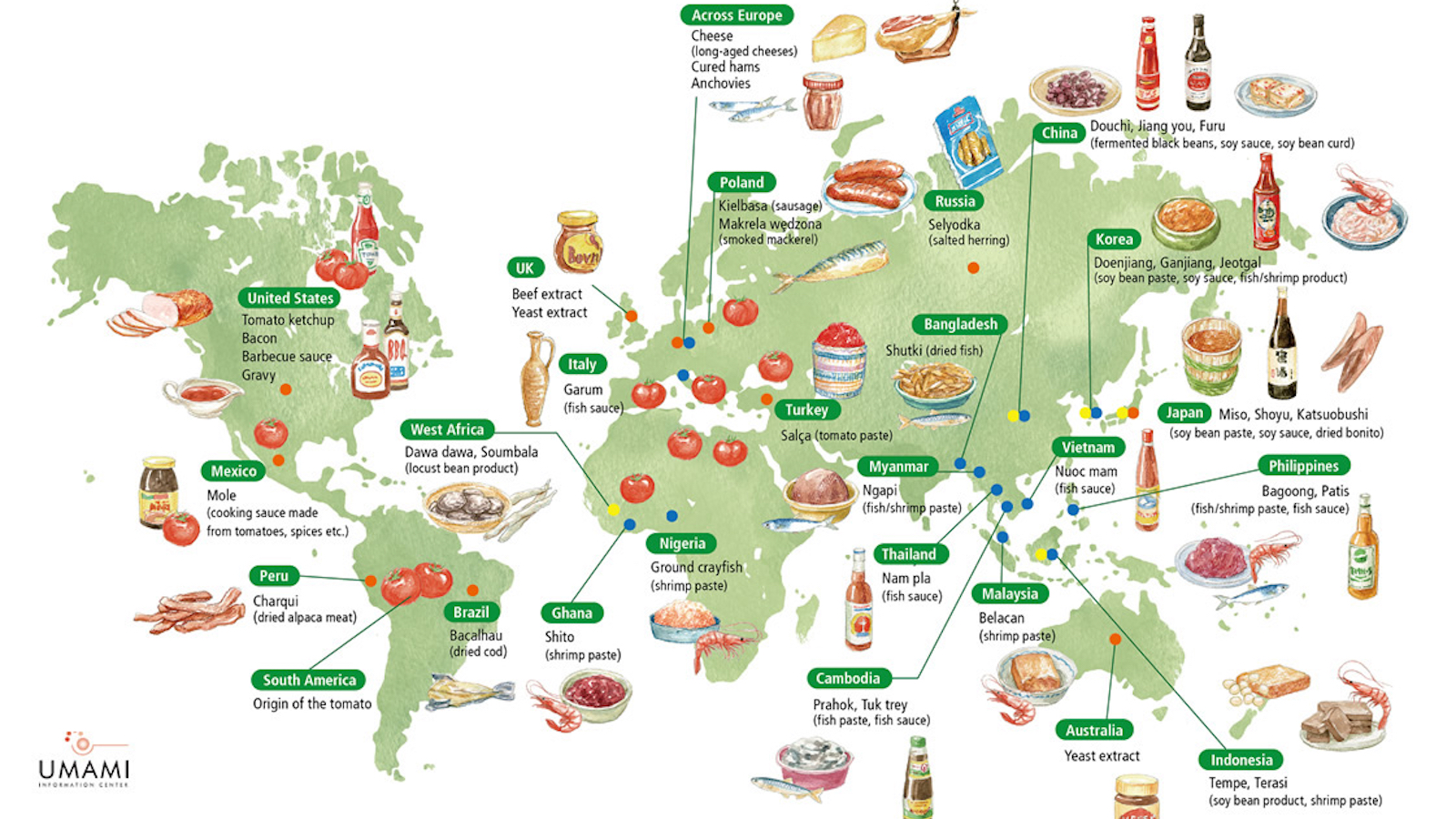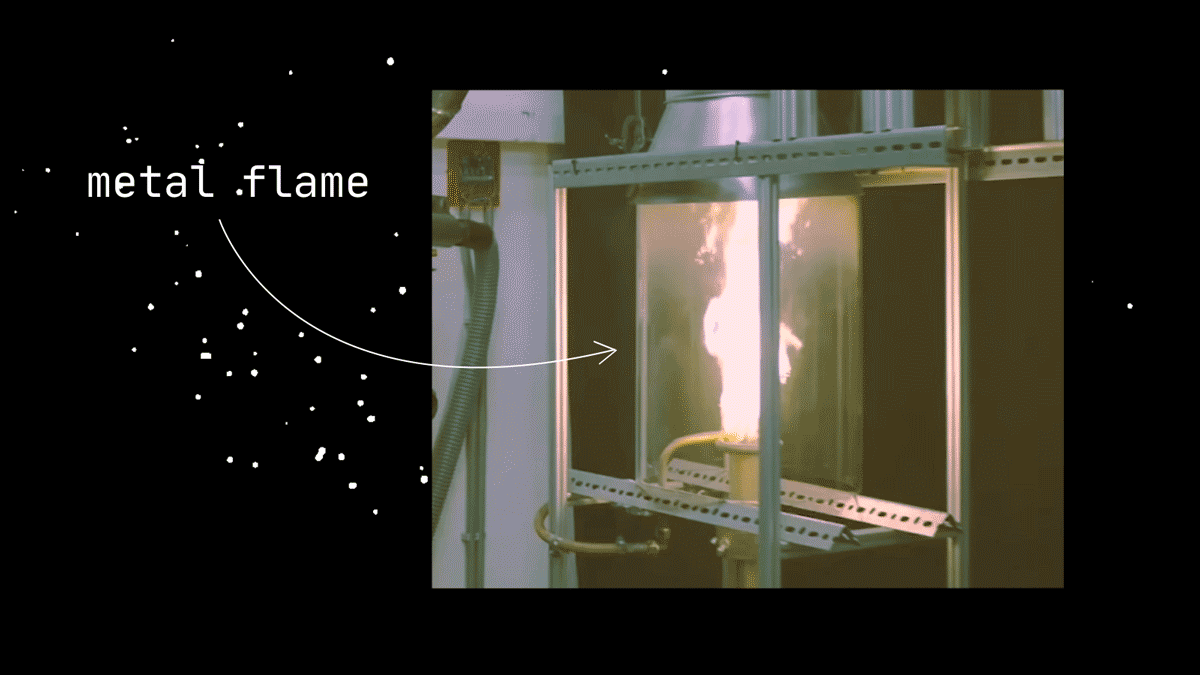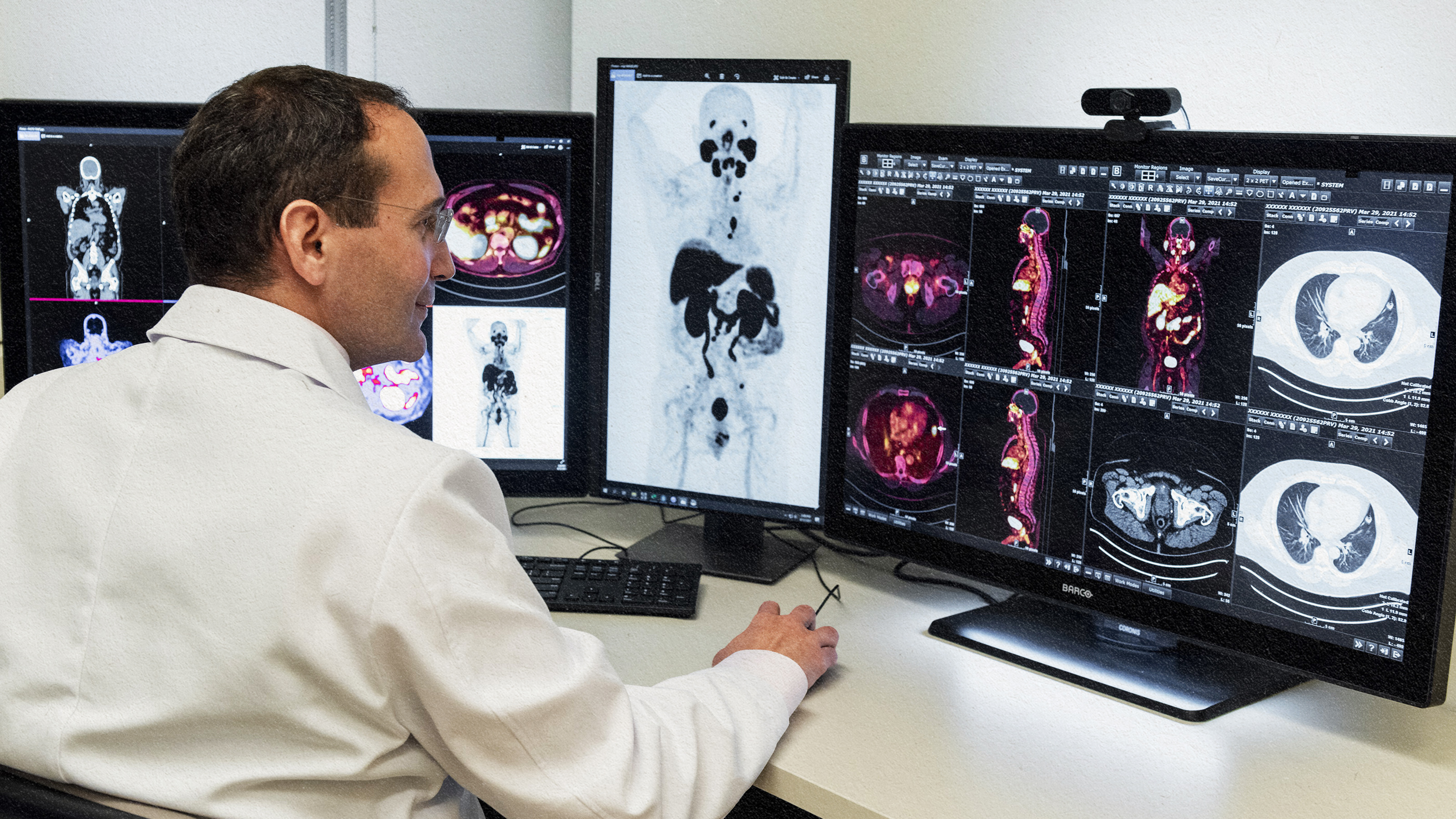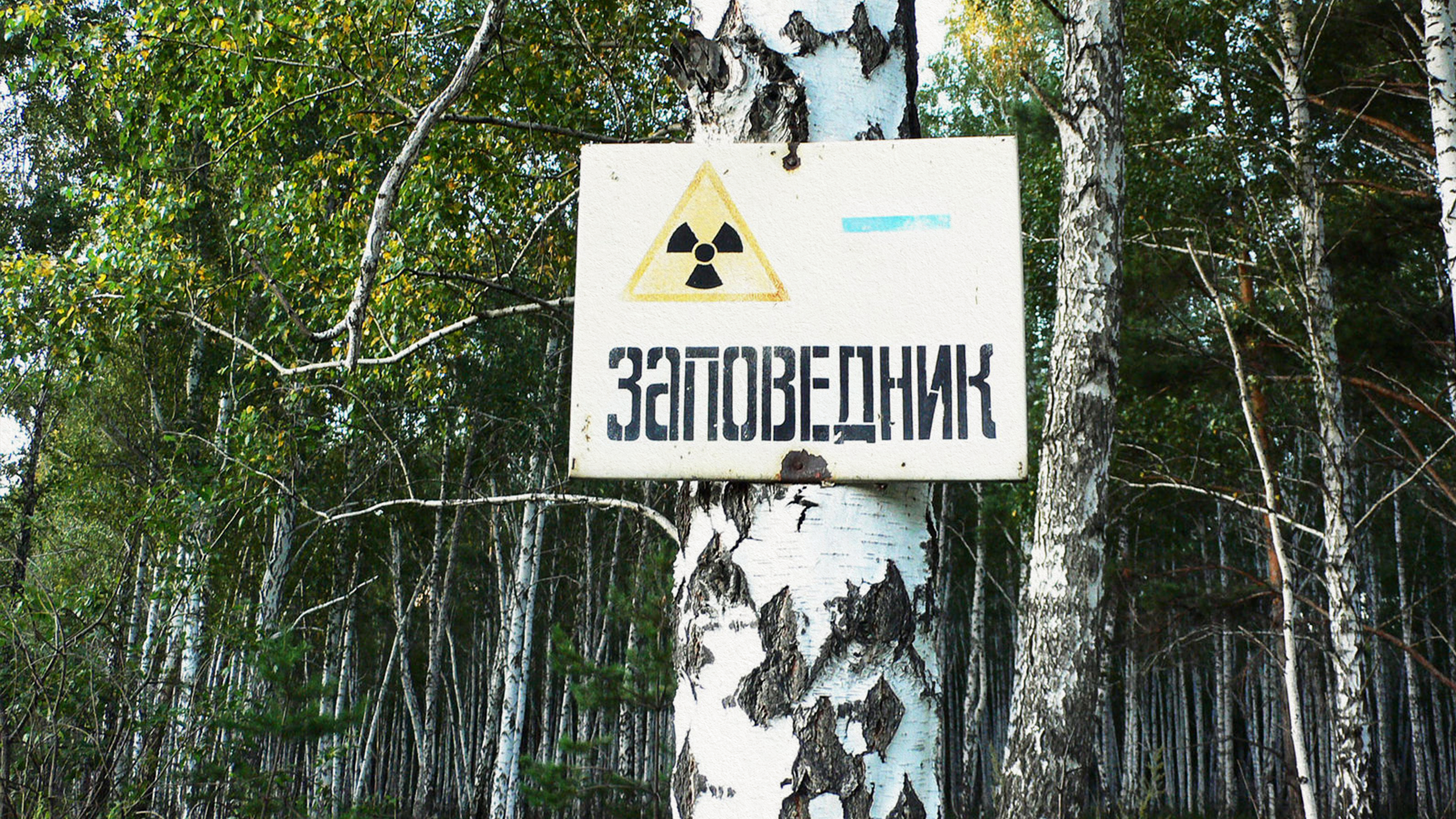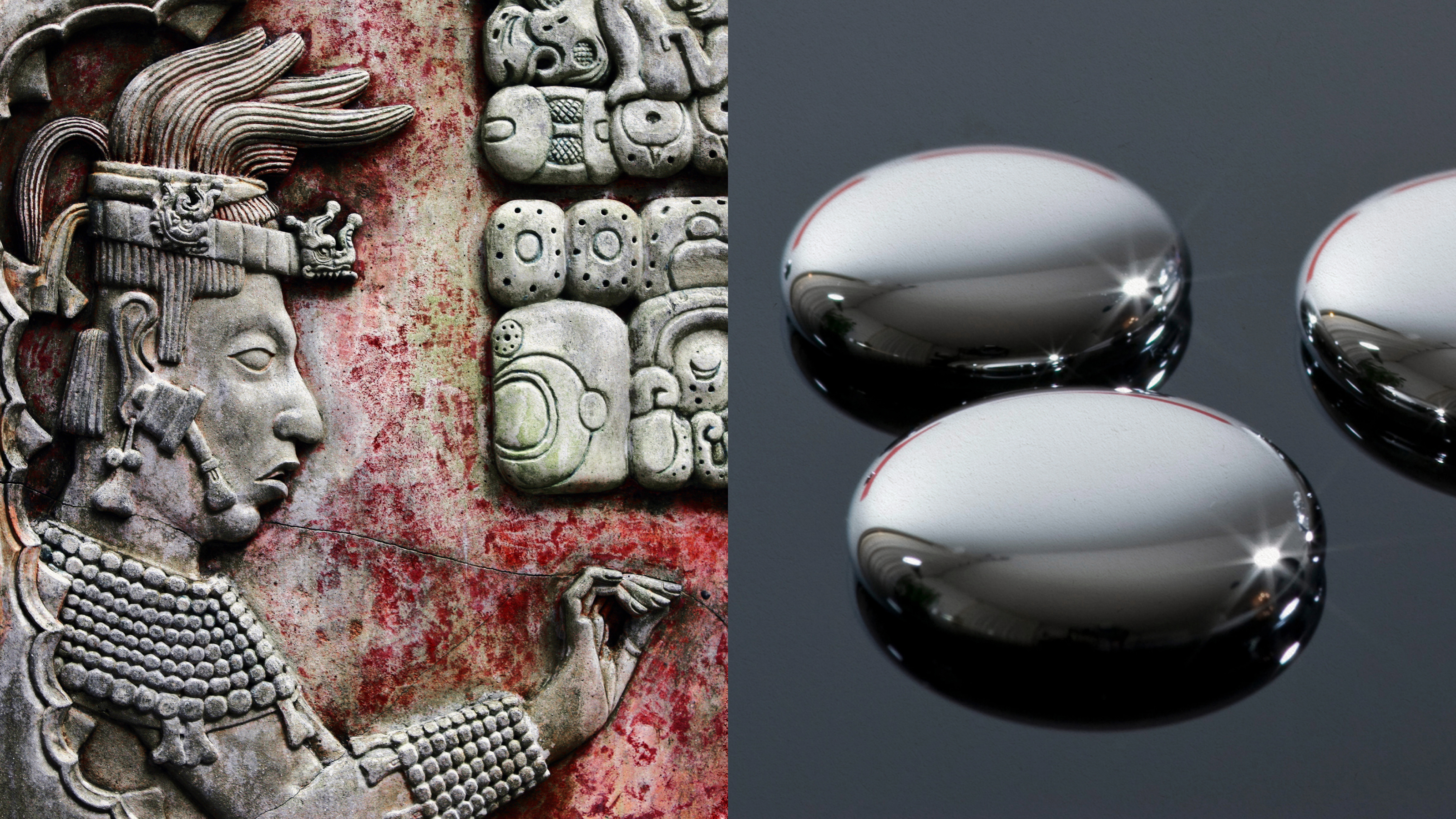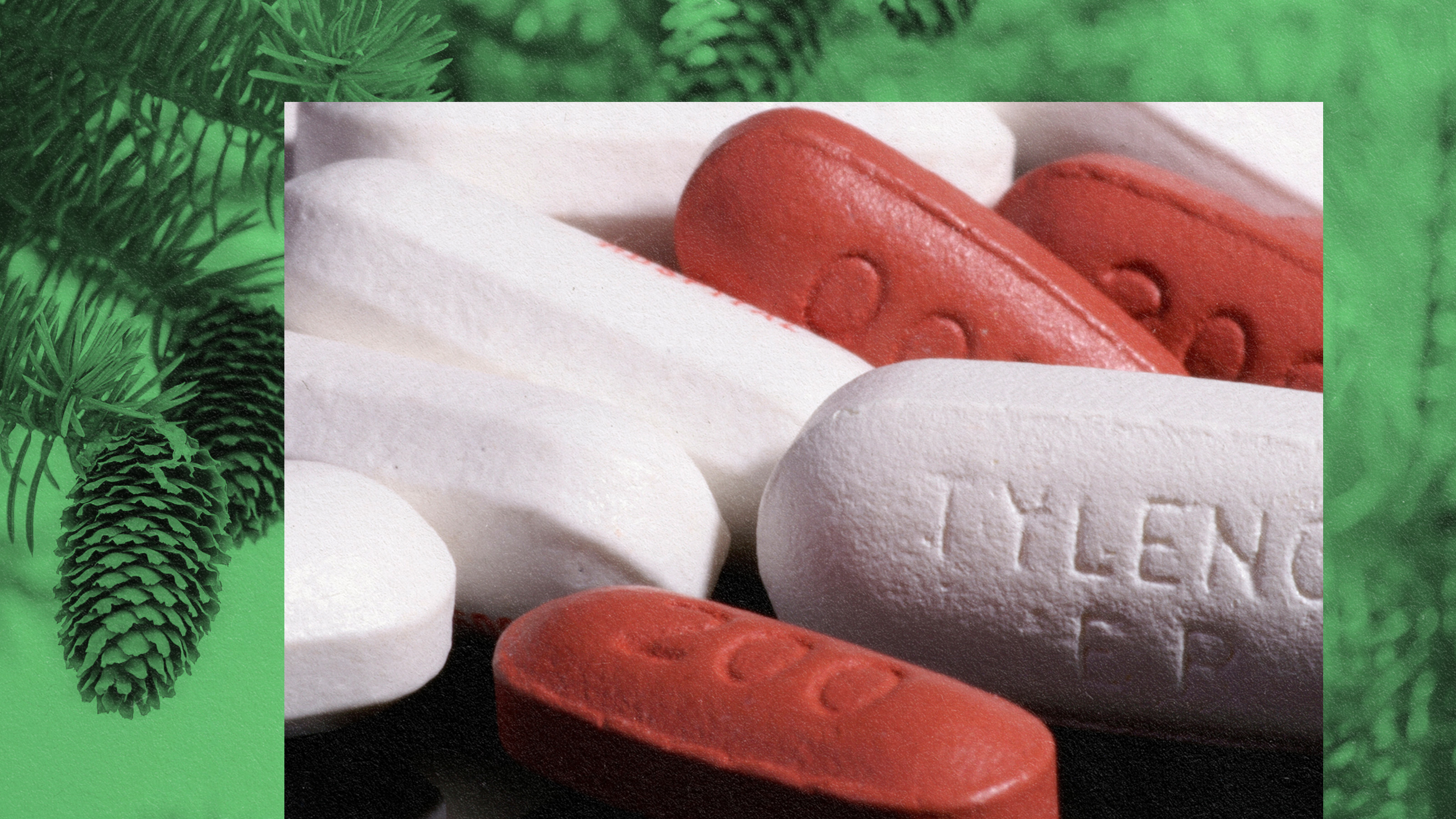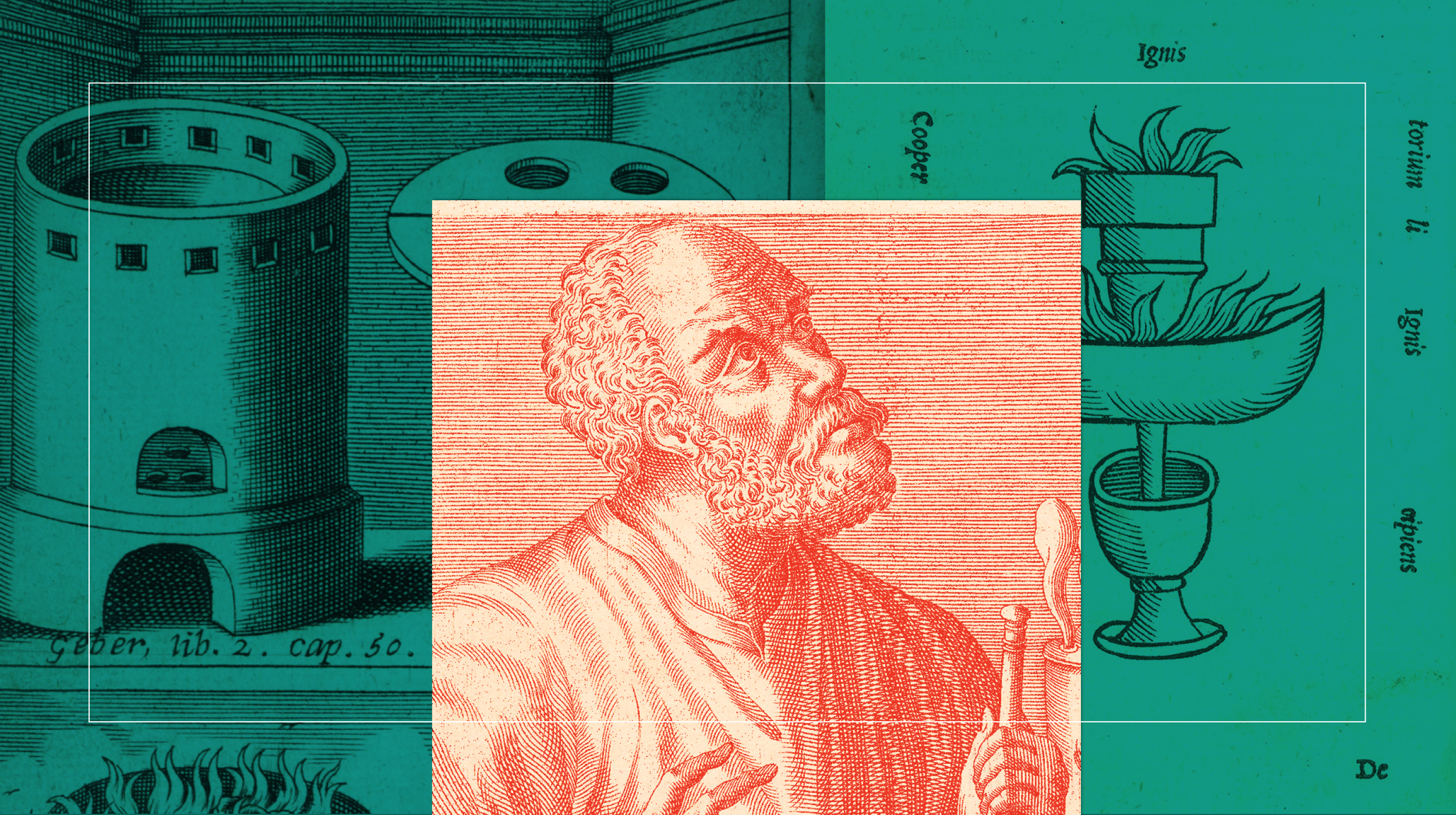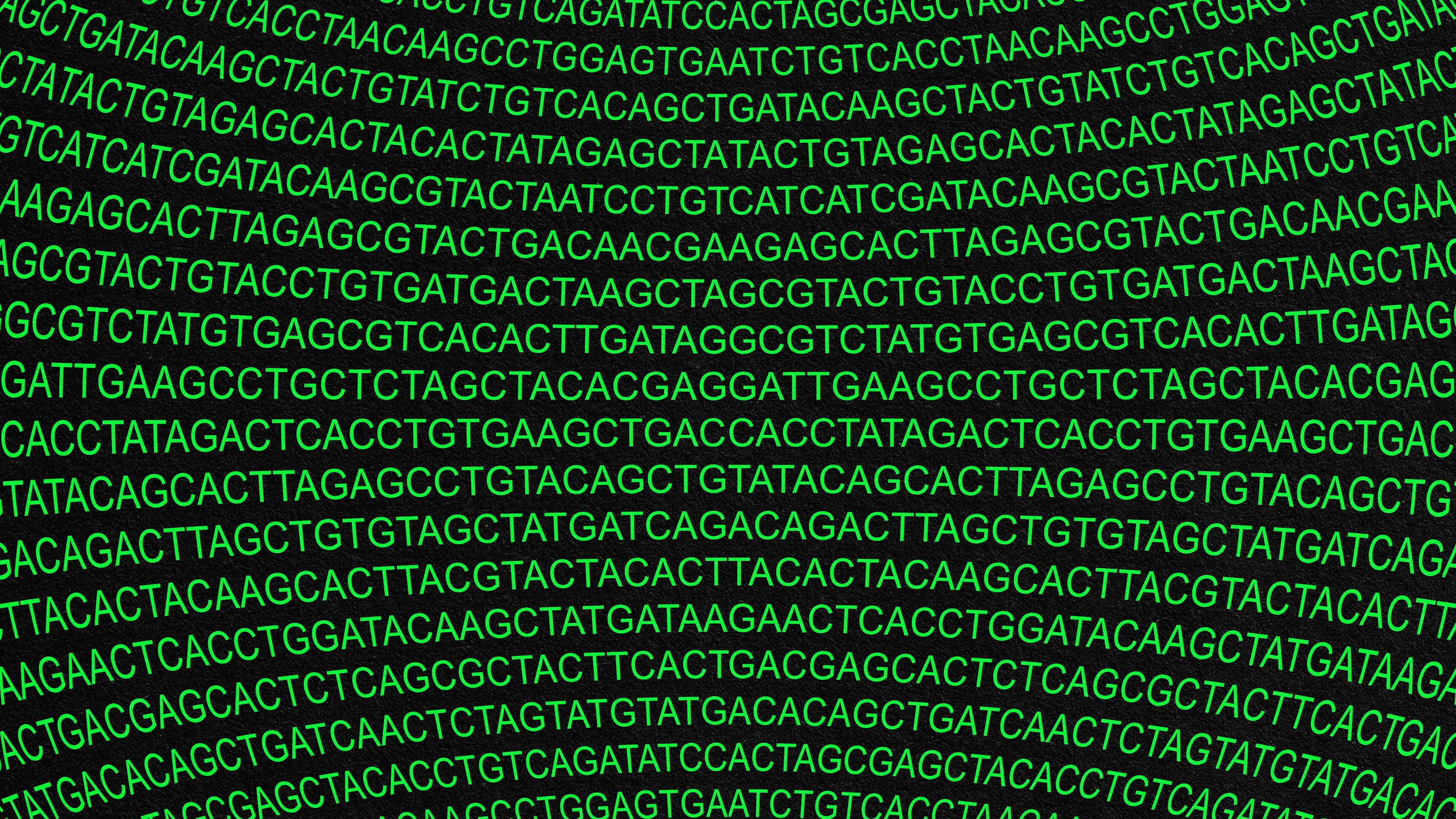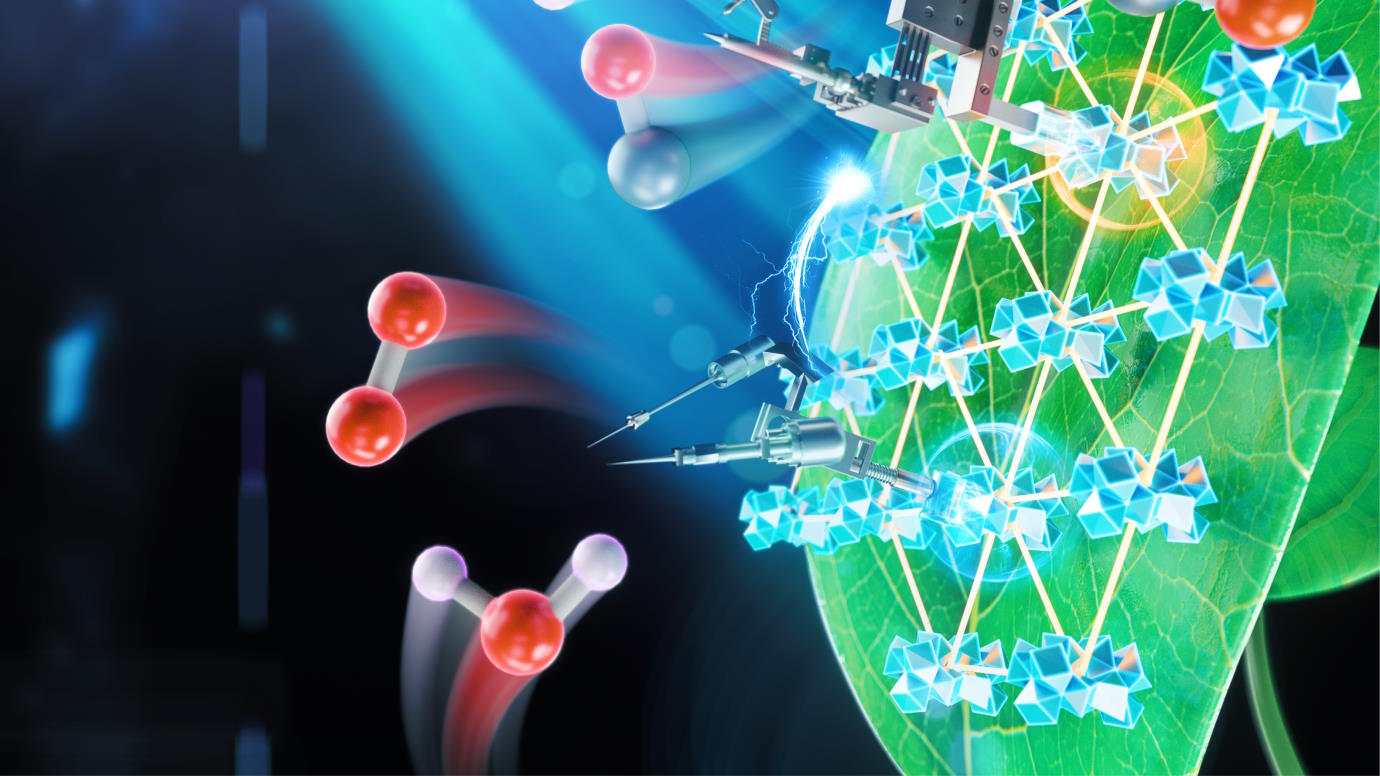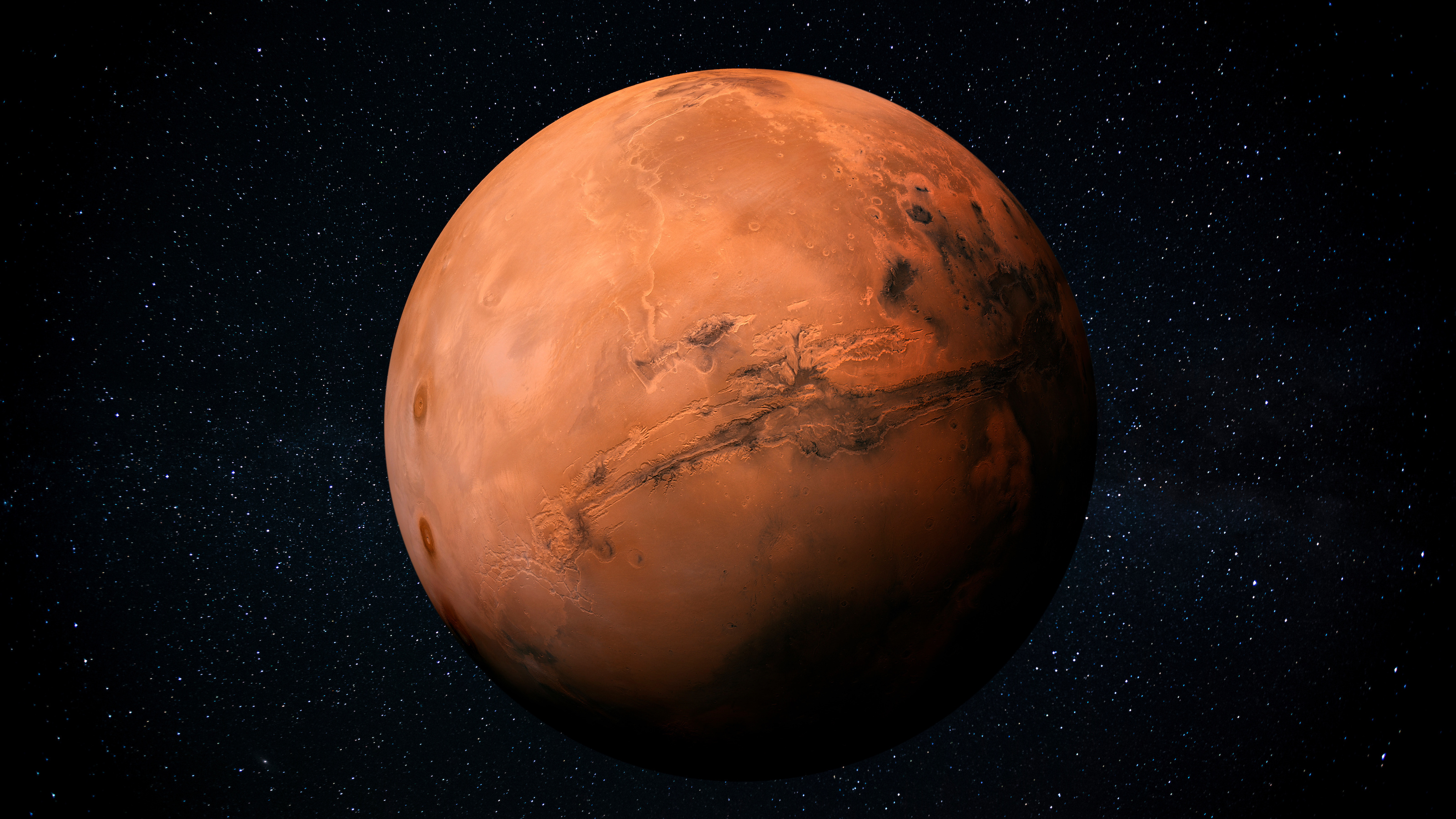chemistry
Although early Earth was a molten hellscape, once it cooled, life arose almost immediately. That original chain of life remains unbroken.
Do the benefits of plastics outweigh the costs?
Our cosmic home, planet Earth, has been through a lot over the past 4.5 billion years. Here are some of its most spectacular changes
Earth wasn’t created until more than 9 billion years after the Big Bang. In some lucky places, life could have arisen almost right away.
While ice itself is slick, slippery, and difficult to navigate across under most circumstances, skaters easily glide across the ice.
Chemists could replace bubbling flasks with tumbling ball mills.
Scientists will be able to make detailed “Claymation-like” movies of chemical reactions.
Capsaicin is already used to treat nerve pain. Early research hints it could do more.
According to the CDC, 50 countries worldwide have drinkable tap water. But look closer, and the picture is more nuanced.
We don’t need to think about what life is made of but rather what it does.
From ancient Greek cosmology to today’s mysteries of dark matter and dark energy, explore the relentless quest to understand the Universe’s invisible forces.
The flavor is “simultaneously fascinating and… abusive.”
Every astrobiologist wants to find an alien. But the public should be skeptical when the “aliens” look like tiny humans.
The best answer we have is, “Life is matter with intentionality.”
Chemical changes inside Mars’ core caused it to lose its magnetic field. This, in turn, caused it to lose its oceans. But how?
Scientists may have detected the somewhat smelly chemical dimethyl sulfide on a planet 120 light-years from Earth.
It’s early days, but if the efforts can be efficiently scaled-up, such biological recycling could put a dent in the plastic waste problem.
Sweet, bitter, salty, sour. These are the four basic tastes we were taught in grade school. But there is a fifth: umami. And it’s everywhere.
Experiments on suborbital rockets are revealing how to make a better iron furnace.
Positron emission tomography (PET) scans use positrons — the antimatter equivalent of an electron — to locate cancer in the body.
In many ways, it was worse than Chernobyl.
Today, many Maya sites are polluted with toxic levels of mercury. The contamination likely originated from cinnabar paints and art.
Pain relievers like acetaminophen and ibuprofen are made with chemicals derived from oil. Scientists have shown how to make them from trees.
Alchemy had its golden age in the 17th century, when it counted Isaac Newton and Robert Boyle among its adherents.
Rocks and minerals don’t simply reflect light. They play with it and interact with light as both a wave and a particle.
As cells divide, they must copy all of their chromosomes once and only once, or chaos would ensue. How do they do it? Key controls happen well before replication even starts.
All biological systems are wildly disordered. Yet somehow, that disorder enables plant photosynthesis to be nearly 100% efficient.
In one experiment, the Viking landers added water to Martian soil samples. That might have been a very bad idea.
